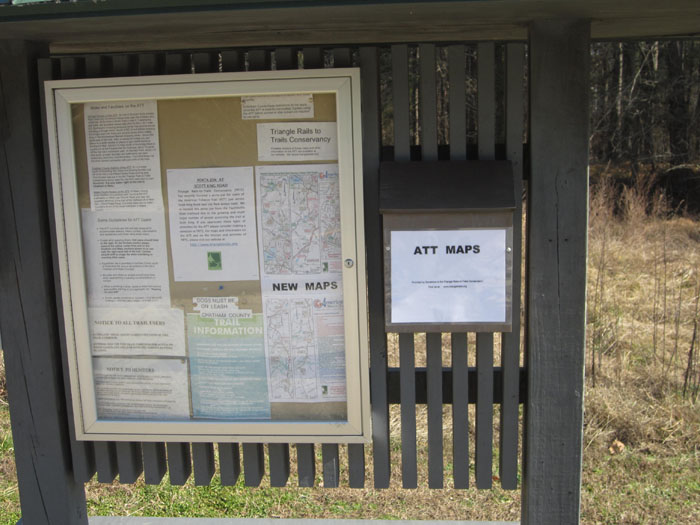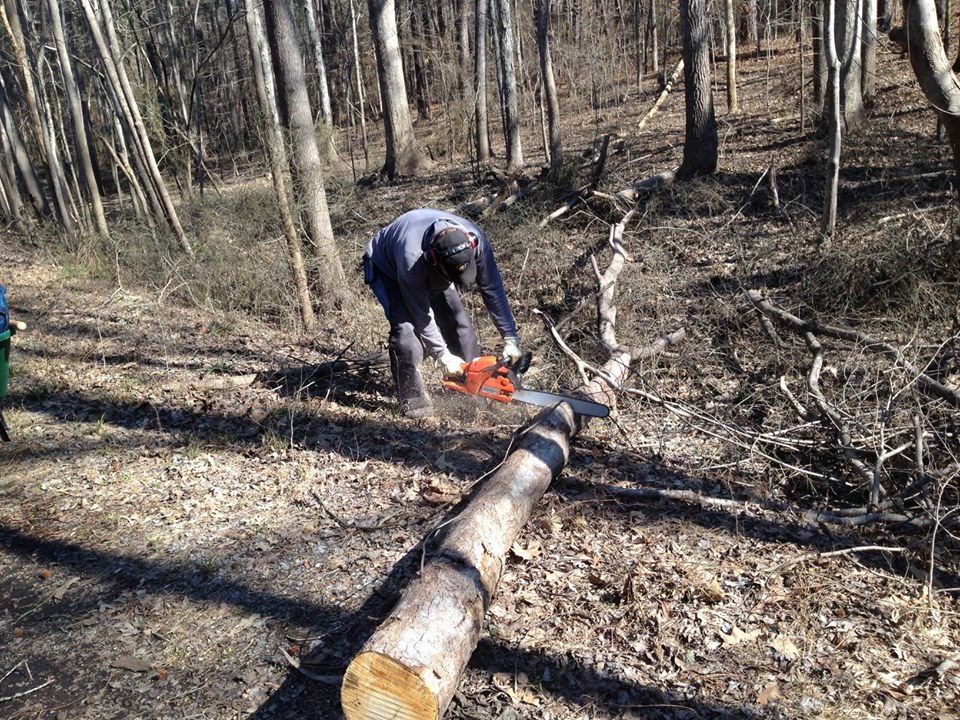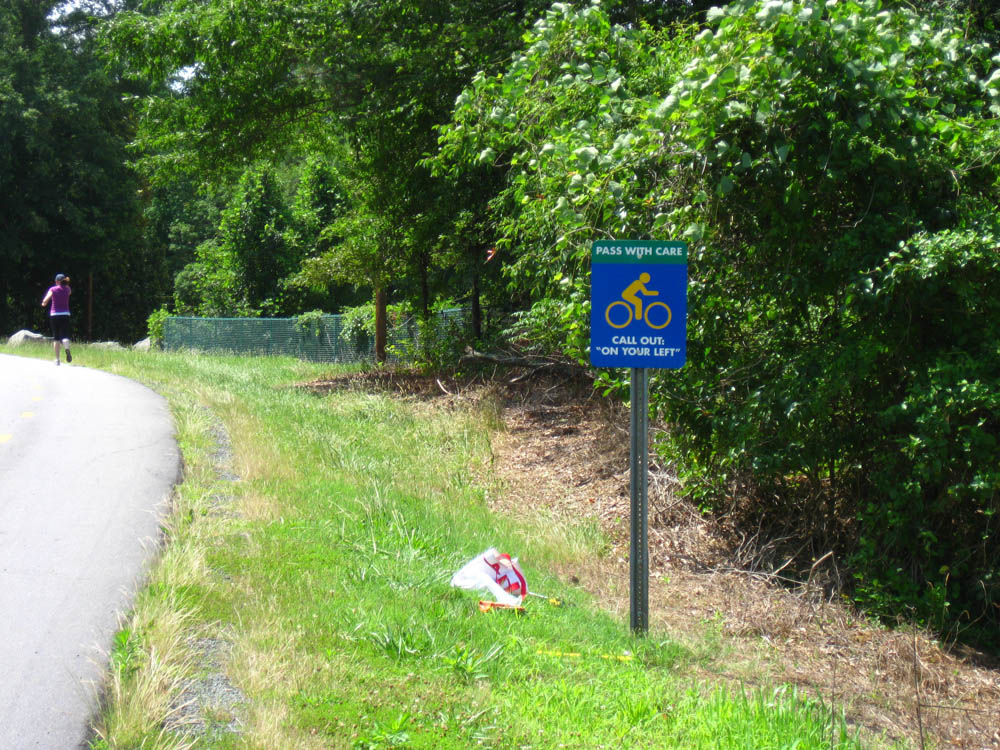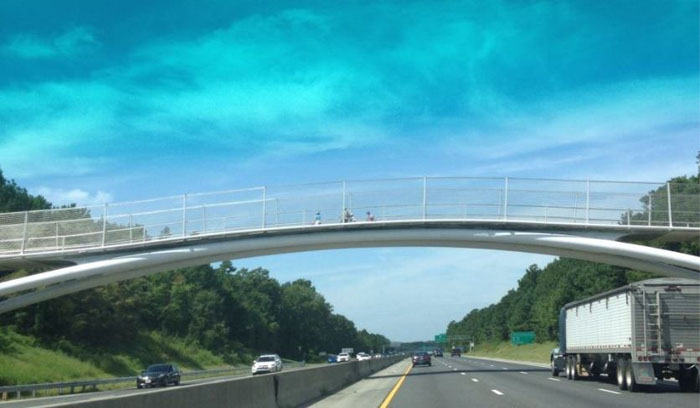The Institute for Transportation Research and Education (ITRE) at NC State University has released a report on the effects of completing a critical link in the American Tobacco Trail in Durham, NC: Bridging the Gap: Economic, Health, and Transportation Impacts from completing a critical link in the ATT. The construction of the bridge over Interstate 40 and corresponding paved connections joined the two unconnected trail segments forming a continuous 22-mile shared use path corridor. Data collected before (in 2013) and after the addition of the bridge segment (in 2014) were compared to determine changes. The researchers found that use of the trail increased 133% and an additional $3.7 million is spent annually on goods and services by those using the trail. The research also portrayed exceptional gains in the amount of physical activity and economic impact measured by people using the trail, occurring just three short months after the opening of the bridge. This ITRE led study provides empirical evidence that constructing bicycle and pedestrian facilities, particularly those that fill a critical link in non-motorized transportation network, will result in measurable positive impacts. A recent article by Jim Wise in the Durham News focuses on the health and economic benefits brought by this bridge connection http://www.newsobserver.com/2015/01/24/4501719/i-40-bridge-a-boost-for-health.html
To read or at least browse through this report ITRE offers two versions of the report on their web site: http://www.itre.ncsu.edu/Public/bikeped.html: An 8 page brochure which presents summaries of the major findings and a 99 page full report which includes numerous tables and longer discussions.





